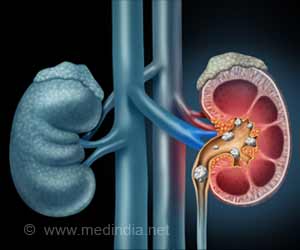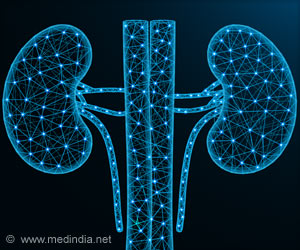Winter can be tough on your kidneys! Stay healthy with balanced hydration, mindful eating, and daily movement. Your kidneys will thank you!
- Stay hydrated even in winter by drinking water, clear soups, or herbal teas to support kidney function and prevent stones
- Opt for a kidney-friendly diet with seasonal fruits, leafy greens, whole grains, and less sugar, salt, and processed foods
- Incorporate at least 30 minutes of daily exercise to maintain kidney health and overall well-being
Seasonal variations in transition, mortality and kidney transplantation among patients with end-stage renal disease in the USA
Go to source). A kidney-friendly diet is crucial for maintaining general health and well-being among renal disease patients as winter approaches. Lean proteins, healthy grains, fresh fruits, and vegetables make up a balanced diet that promotes renal function and lessens strain. Limiting salt consumption to less than 2,300 mg daily and making sure added sugars account for less than 10% of daily caloric intake are crucial. In this situation, eating a balanced diet becomes crucial, particularly for the health of important organs like the kidneys, liver, and heart. Even if you don't feel thirsty during the cooler months, it's still crucial to stay hydrated.
Winter dehydration can lead to kidney stones! Even if you don't feel thirsty, keep sipping water or herbal teas to protect your kidneys. #healthtips #kidneyhealth #medindia’
Dr. Saurabh Pokriyal, Chief Medical Director of VitusCare, states that a number of health problems follow the arrival of winter. Food temptation, a lack of portion control, and a lack of motivation to exercise are the causes. In the short term, we might not be aware of the negative effects of bad habits. However, it frequently results in high blood pressure, dehydration, and a lack of physical activity in the winter, which reduces sweating and causes salt buildups, all of which raise the risk of kidney stones.
Diet Tips to Aggravate Kidney Disease in Winter
Drink more water
"Remaining hydrated is equally important, as water helps flush out toxins and prevent kidney stones," said Dr. Geetanjali Gupta, Director of Technical Operations and Quality Assurance at Redcliffe Labs. Aim for 8 to 10 glasses of water per day, but modify according to climate, activity level, and age. The best way to safeguard kidney health during this time of year is to stay away from processed meals, which are sometimes heavy in sugar and salt. This winter, you can maintain optimal kidney health by paying attention to your body and being aware of symptoms of dehydration, such as headaches or lethargy.
Include seasonal fruits and vegetables
Aside from that, consider switching to a healthy, balanced diet during the winter. Incorporate foods that offer essential vitamins and antioxidants to guard against oxidative stress, such as apples, berries, whole grains, and seasonal leafy greens.
Reduce your intake of sugar and salt
In addition, winter is when we typically overindulge in comfort foods, the majority of which are heavy in sugar and salt. It may have adverse effects on the kidneys. Thus, to promote kidney function, eat a balanced winter diet high in fiber and good fats. Additionally, it aids with blood pressure and blood sugar regulation, both of which are critical for long-term kidney function. It's also critical to limit processed snacks, high-sodium foods, and excessive animal protein intake because these might overtax the kidneys.
Work out every day
Making thoughtful eating choices throughout the winter months helps protect your kidneys and general health. You should be careful of your physical activity as well as your food. Maintaining healthy biological functioning requires you to be active and engage in some form of exercise for at least half an hour each day.
Reference:
- Seasonal variations in transition, mortality and kidney transplantation among patients with end-stage renal disease in the USA - (https://academic.oup.com/ndt/article/32/suppl_2/ii99/2989984)
Source-Medindia
















